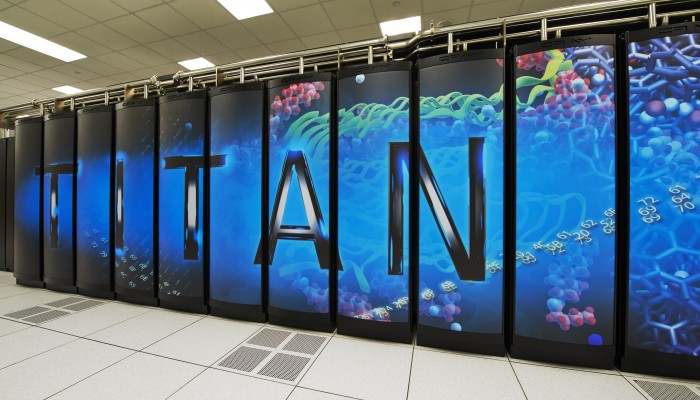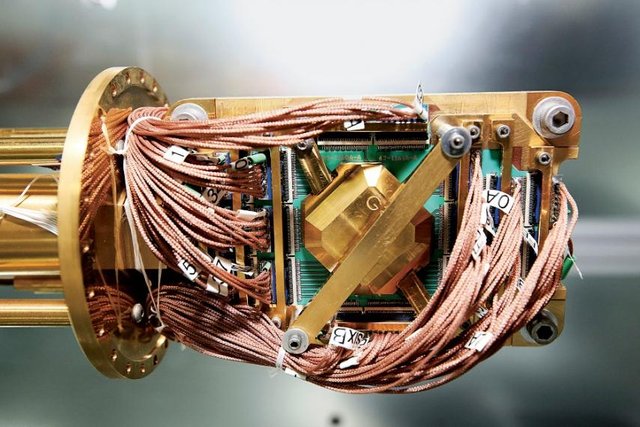Life Expectancy of Humans could be Extended by a Decade thanks to Supercomputers

Technology knows no boundaries. It has improved every aspect of our lives, and now, it is expected to improve our life expectancy too!
Jean-Christophe, director of the Irish Centre for High-End Computing (ICHEC) claims that supercomputers could improve medical research and practice by such an impressive degree that it could boost human life expectancy by five to 10 years. The Ireland-based organization assumed that with the help of applications of supercomputers in biotechnology and medical research could boost human life expectancy by up to a decade.
Improving Medical Research with technology
The basic difference between a standard computer and a supercomputer is that super computers are much faster, and a standard computer's performance is measured in million instructions per second (MIPS) while a supercomputer’s performance measured in floating-point operations per second (FLOPS), but there are exceptions. Supercomputers are capable of doing a lot more research and Prof Jean-Christophe Desplat claims that it will lead to a extension in lifespan for humans.
According to layman’s terms, supercomputers have much faster processors and can run more complex tasks and research – e.g. they are currently being used for nuclear research. He says that the supercomputers in the near future will use “deep artificial intelligence learning” in a number of fields e.g. medicine, according to the Irish Times.

The titan Supercomputer
Additionally, the supercomputers furnished with artificial intelligence will be able to diagnose ailments more quickly and with better accuracy.
The Future of Medical reseach & Quantum Computing
Supercomputers aren’t the only advanced computational machines available for scientific research. Soon, quantum computers will be contributing their own fair share which will make supercomputers look like standard machines. If supercomputers are supposed highly capable, then quantum computers will operate on a completely different level. Quantum computers operate on quantum bits (or qubits) Vs regular bits in conventional computers. Either way, research — medical, climate-related or otherwise, will take any computational help it can get.
Scientists believe they will be helpful to the scientific community in many features, but predominantly in artificial intelligence, where new forms will be able to be created due to quantum computing abilities in deciphering problems.
No doubt, supercomputers can be used in other fields for academic research too: “We see the impact on the ground,” said ICHEC data analyst and public sector liaison Emma Hogan. One of the particularly useful applications is climate modeling. Predicting weather forecasting patterns more perfectly aids in development for potential disasters, but also in the development of infrastructure. In Ireland’s case, for example, it’s helped identify areas that are at risk of flooding and also assisted in identifying the best areas for wind turbine installation.

D-Wave Quantum Computer
Scientists all throughout the world see supercomputers in extending innovations to humankind; In fact, Supercomputers eclipse the power of conventional computers by leaps and bounds and have transformed everything from nuclear testing to weather forecasting.
According to BT’s futurologist, Ian Person, these are among the development scheduled for the first few decades of the new millennium (a period of 1,000 years), when supercomputer will dramatically accelerate progress in all areas of life. Some of the biggest developments will be in medicine, including an extended life expectancy and dozens of other artificial organs coming into use between now and 2040.
Thank you for reading. If you liked the content, hit that upvote button, resteem, and follow me for more awesome stuff like this!
See more of my stuff here. I post about Technology, Gaming, and Mixed Martial Arts (MMA).
*All images are assumed to be from public domains.*
Nice article. Following you now.
Thank you! Appreciate it. Followed you back :)